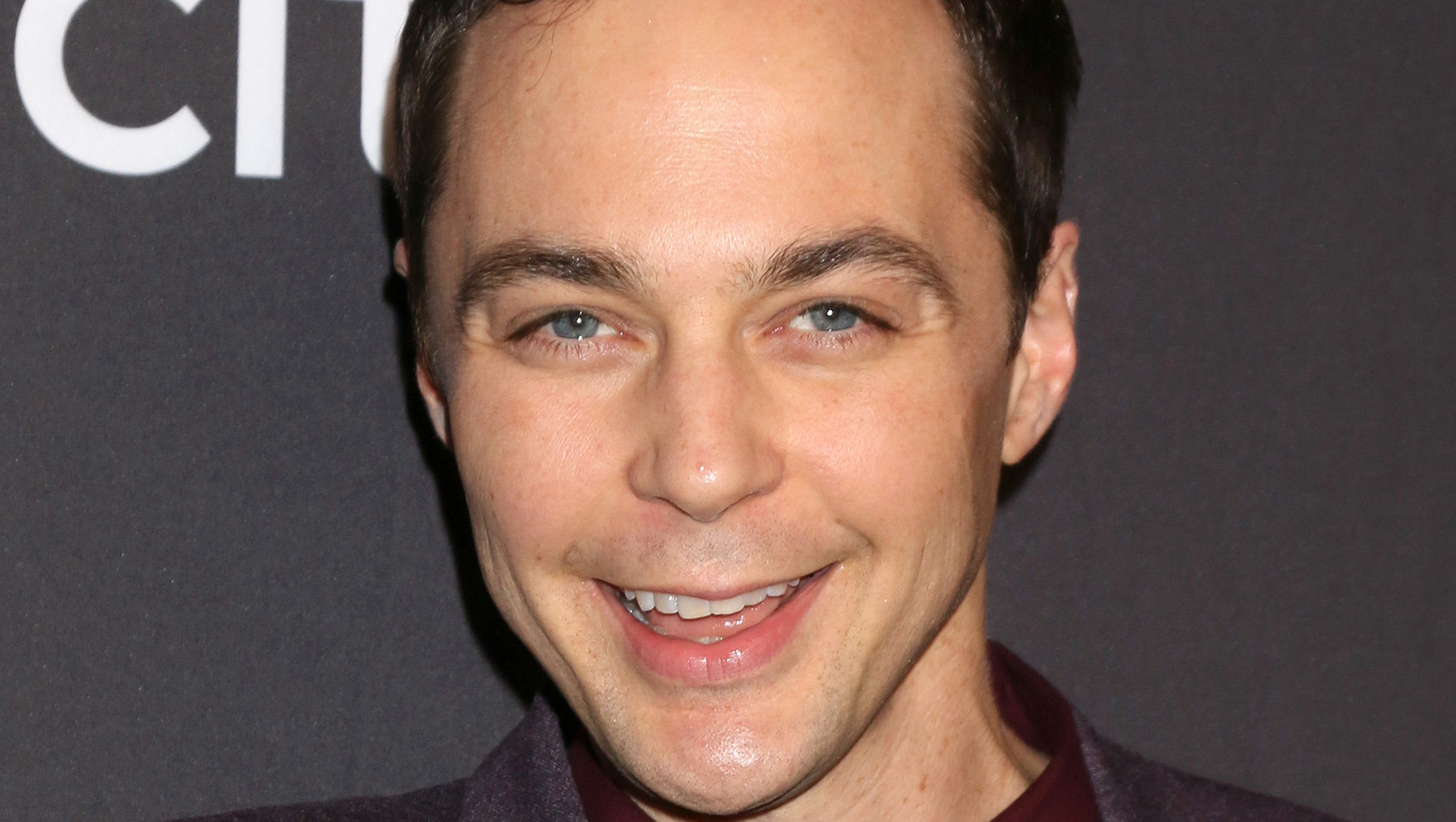Sheldon Cooper, one of the most beloved characters from the renowned television series "The Big Bang Theory," has captured the hearts of millions with his quirky personality and genius intellect. But a question often arises among fans: was Sheldon Cooper a real person? In this article, we will delve into the character's origins, the inspiration behind him, and the impact he has had on pop culture. Through thorough research and analysis, we aim to provide a comprehensive understanding of Sheldon Cooper and his significance in the world of television.
As we explore the concept of whether Sheldon Cooper was a real person, we will also examine how his character reflects certain aspects of autism and genius, which resonate with many individuals. This discussion can help enlighten readers on the nuances of character creation in television and film. Moreover, we will look into the broader implications of how characters like Sheldon contribute to the representation of intellectualism in media.
Join us on this journey as we uncover the truths and myths surrounding Sheldon Cooper's character, his creator, and the real-world influences that shaped him. From scientific references to the portrayal of social quirks, this article promises to be an insightful read for fans of "The Big Bang Theory" and those curious about the intersection of fiction and reality.
Table of Contents
- The Origin of Sheldon Cooper
- Biography of Sheldon Cooper
- Inspiration Behind Sheldon Cooper
- Sheldon Cooper and Autism
- Impact on Pop Culture
- The Science of Sheldon Cooper
- Fan Culture and Sheldon Cooper
- Conclusion
The Origin of Sheldon Cooper
Sheldon Cooper is a fictional character created by Chuck Lorre and Bill Prady for the television show "The Big Bang Theory," which premiered in 2007. He is portrayed by actor Jim Parsons, whose performance brought Sheldon to life and garnered numerous awards, including four Primetime Emmy Awards. The character is known for his high IQ, lack of social skills, and his catchphrase, "Bazinga!"
Character Traits and Development
Sheldon is depicted as a theoretical physicist with a deep passion for science and a distinctive personality. His character traits include:
- Exceptional intelligence
- Literal interpretation of language
- Difficulty understanding social cues
- Obsessive-compulsive tendencies
- Strong adherence to routines
Biography of Sheldon Cooper
| Attribute | Details |
|---|---|
| Name | Sheldon Lee Cooper |
| Occupation | Theoretical Physicist |
| Education | Caltech (California Institute of Technology) |
| Birth Year | 1980 |
| Hometown | Galveston, Texas |
Inspiration Behind Sheldon Cooper
Sheldon Cooper was not based on a single real-life individual but rather a combination of traits and characteristics observed in various people. The creators drew inspiration from their experiences in the world of academia, particularly within the realms of physics and engineering.
Real-life Influences
Several notable scientists and intellectuals have been cited as influences on Sheldon’s character:
- Richard Feynman - Renowned physicist known for his eccentric personality and genius.
- Stephen Hawking - Famous for his contributions to theoretical physics and cosmology.
- Other scientists who displayed similar social awkwardness and brilliance.
Sheldon Cooper and Autism
One of the most debated topics surrounding Sheldon Cooper is whether his character represents individuals on the autism spectrum. While the show's creators have stated that Sheldon is not explicitly labeled as autistic, many fans and experts have drawn parallels between his traits and those commonly associated with autism.
Representation in Media
The portrayal of Sheldon Cooper has sparked conversations about the representation of autism in media. Some argue that his character can help raise awareness and promote understanding, while others believe it may perpetuate stereotypes. Notably, Sheldon’s quirks challenge societal norms and encourage viewers to embrace differences.
Impact on Pop Culture
Sheldon Cooper has become an iconic figure in popular culture, influencing everything from merchandise to memes. His character has been referenced in various forms of media, making him a recognizable symbol of intellectualism and geek culture.
Merchandising and Spin-offs
The success of "The Big Bang Theory" has led to a plethora of merchandise featuring Sheldon Cooper, including t-shirts, toys, and collectibles. Additionally, the prequel spin-off series "Young Sheldon" explores his childhood and provides deeper insights into his character development.
The Science of Sheldon Cooper
Sheldon’s character is deeply rooted in scientific concepts, often referencing theories and principles in physics. This has not only entertained viewers but also educated them on complex scientific ideas.
Actual Science in the Show
Episodes frequently include discussions on real scientific theories, including:
- String theory
- Quantum mechanics
- Theoretical physics concepts
These elements contribute to the authenticity of Sheldon’s character and engage viewers in the world of science.
Fan Culture and Sheldon Cooper
Sheldon Cooper has cultivated a massive fanbase, with fans celebrating his character through various forms of media, including fan fiction, art, and conventions. The character's mannerisms and catchphrases have become part of everyday language among fans.
Community and Engagement
Online communities dedicated to "The Big Bang Theory" foster discussions about episodes, character development, and scientific references. This engagement helps fans connect and share their love for the show.
Conclusion
In conclusion, Sheldon Cooper is a fictional character who has left an indelible mark on popular culture. While he is not based on a real person, his traits and quirks resonate with many, sparking discussions about intelligence, social interaction, and representation in media. The character’s influence extends beyond the show, impacting how we perceive intellectualism and diversity.
If you enjoyed this exploration of Sheldon Cooper, feel free to leave a comment, share this article, or check out our other content for more fascinating insights into your favorite characters and shows!
Final Thoughts
Thank you for reading! We hope you found this article informative and engaging. Please visit us again for more articles that delve into the captivating world of television and entertainment.




